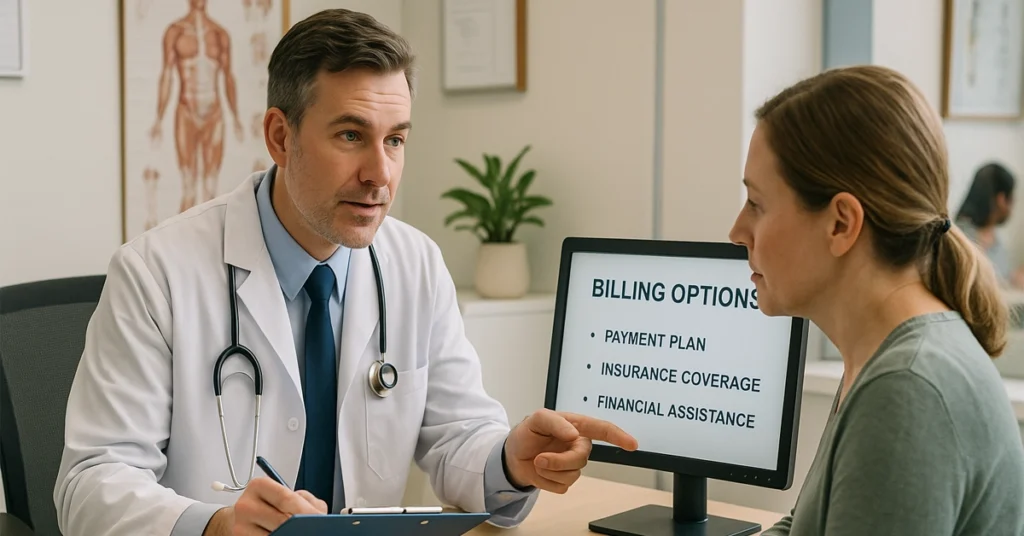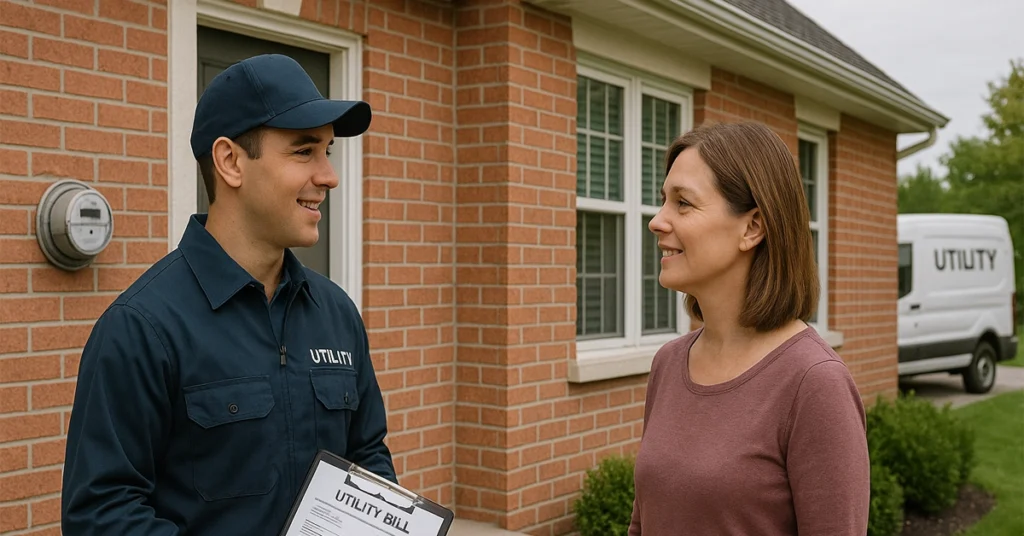Discussing unpaid balances with dental patients can feel awkward but it doesn’t have to be. With the right approach, your practice can recover overdue payments without damaging trust or retention. This guide offers practical, compassionate strategies to help you navigate these conversations with professionalism and care.
Understand the Emotional Side of Dental Debt
Dental bills often come with emotional baggage. Patients may feel:
- Embarrassed about financial hardship
- Frustrated by insurance confusion
- Surprised by out-of-pocket costs
- Anxious about being judged or denied care
Recognizing these emotions helps you approach the conversation with empathy, not confrontation.
Set the Stage Before Treatment Begins
The best way to avoid uncomfortable billing conversations is to prevent surprises.
- Provide clear cost estimates before treatment
- Explain insurance coverage and patient responsibility
- Share your financial policy in writing and review it verbally
- Offer payment options upfront (e.g., CareCredit, in-house plans)
Patients are more likely to pay when they understand what they owe and why.
How to Start the Conversation About an Overdue Balance
Timing and tone are everything. Here’s how to approach it:
- Choose a private setting never discuss balances at the front desk
- Lead with empathy: “I wanted to check in about your balance, how can we help make this manageable for you?”
- Be specific: Reference the date of service and amount due
- Listen actively: Let the patient explain before offering solutions
Avoid blame. Focus on resolution.
Offer Solutions, Not Ultimatums
Flexibility increases the chance of recovery and preserves goodwill.
| Option | Why It Works |
|---|---|
| Payment plans | Breaks large balances into smaller steps |
| Auto-pay setup | Reduces missed payments due to forgetfulness |
| Deferred billing | Allows time for insurance or financial recovery |
| Financial hardship review | Shows compassion and builds loyalty |
Follow Up Without Being Pushy
If payment isn’t made after the first conversation:
- Send a friendly reminder via email or text
- Include a link to pay online or set up a plan
- Follow up with a personal call if needed
- Document all communication for compliance
Keep the tone warm and professional. Persistence doesn’t have to feel like pressure.
Why Dental Practices Choose Action Recovery for Patient Balances
When internal efforts stall, dental practices turn to Action Recovery a trusted partner in ethical, patient-friendly collections.
What Makes Them the Right Fit:
- Dental-specific expertise in insurance coordination and billing cycles
- Compassionate outreach that protects your brand and relationships
- HIPAA and FDCPA compliance across all 50 states
- Multilingual agents trained in respectful communication
- Performance-based pricing you only pay when they recover
“We don’t just collect, we help you keep your patients.” That’s the Action Recovery promise.
FAQs: Talking to Dental Patients About Overdue Balances
Should I bring up the balance during a hygiene appointment?
Yes, but do it privately and respectfully ideally before or after the visit, not in the operatory.
What if the patient gets defensive or upset?
Stay calm, listen, and acknowledge their concerns. Offer solutions, not ultimatums.
Can I charge interest or late fees?
Yes, if clearly disclosed in your financial policy and compliant with state laws.
When should I send an account to collections?
Typically after 60–90 days of nonpayment and failed internal outreach. Choose a partner that aligns with your values.
Final Thoughts
Talking about money doesn’t have to cost you a patient.
By combining clear communication, flexible options, and empathetic follow-up, dental practices can recover overdue balances without losing trust.



